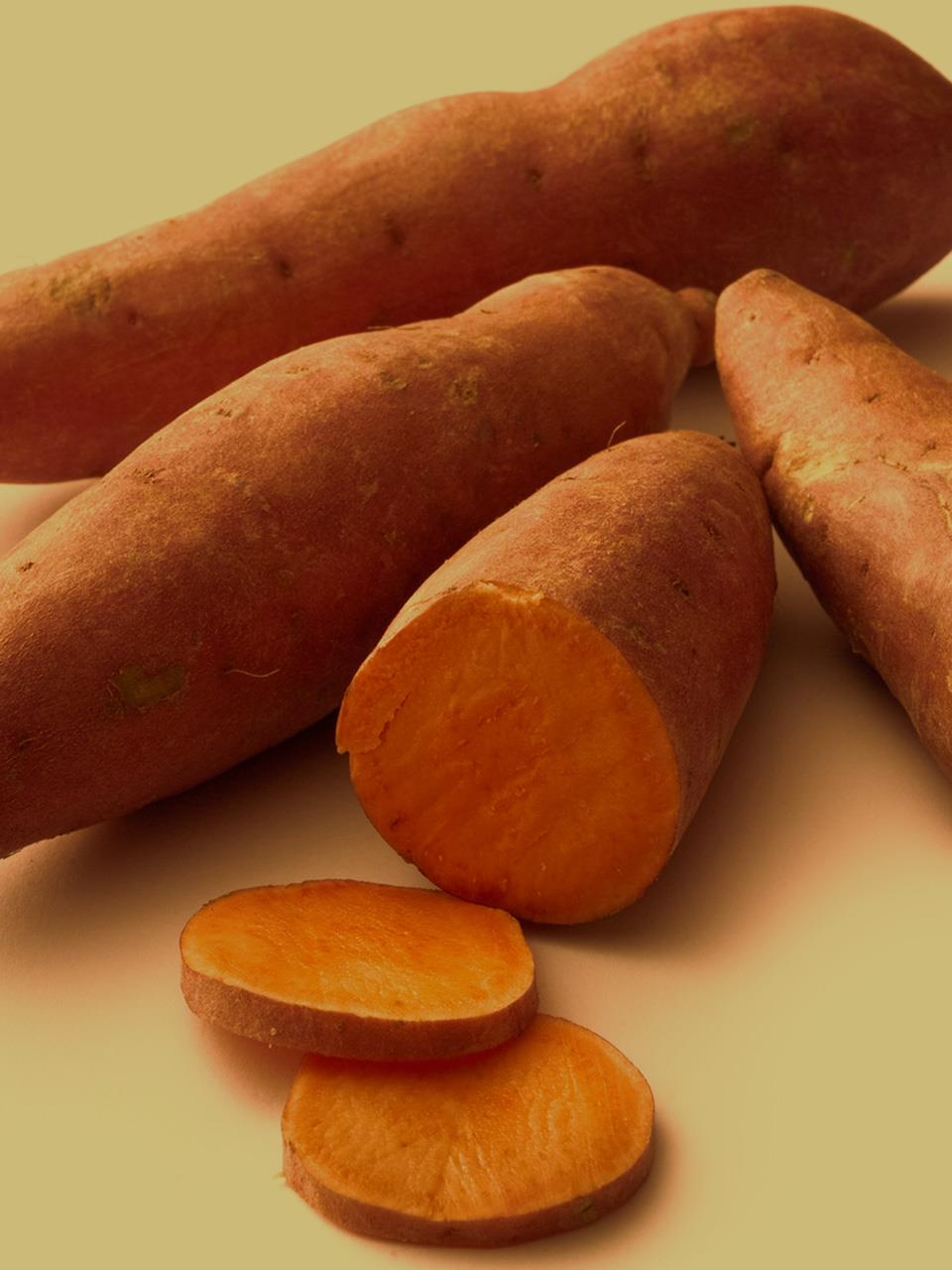
Tap to Read ➤
QI Deficiency
Aastha Dogra


A Qi deficiency is an indication that our body's energy is not flowing properly due to malfunctioning of its organs/structures. Read on to know the symptoms as well as the Chinese medicine treatment for this deficiency.

In the traditional Chinese medicine, Qi refers to the energy which flows within our body. Our bodies need this energy for a variety of functions, such as movement, keeping the diseases at bay, digesting food, basically all those things that are needed for survival. There are two types of Qi in our body, namely Congenital Qi and Acquired Qi.
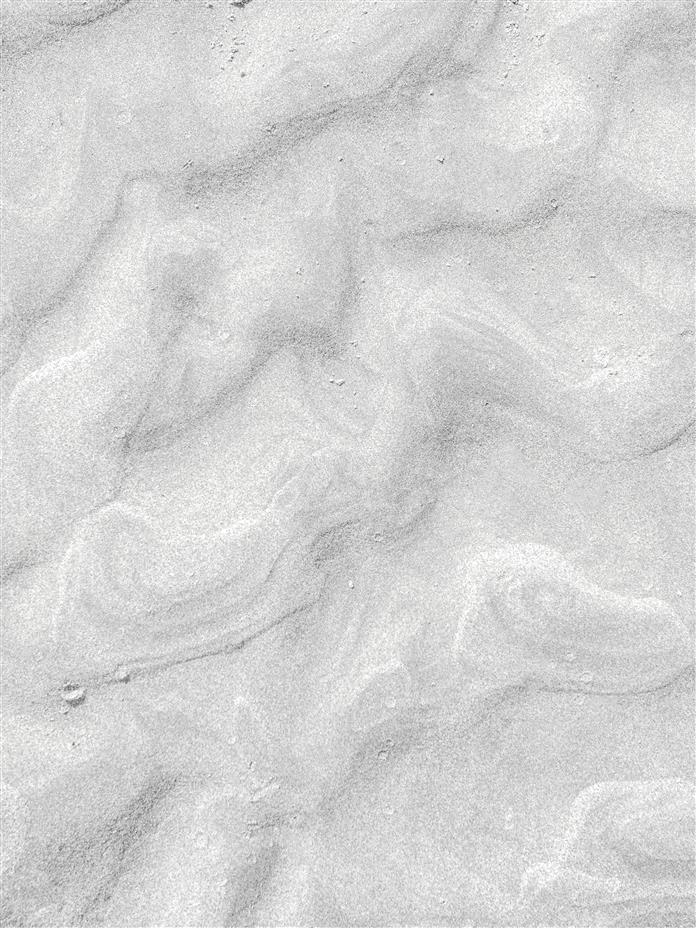
Congenital Qi is that which a person inherits from his/her parents at the time of conception. It is stored in kidneys and aids immensely in growth and development. It can only be conserved and can never be replenished. On the other hand, acquired Qi depends on the lifestyle a person leads, the kind of food he eats, and the air he breathes.

Acquired Qi's quality can be improved with a change in one's eating habits, by exercising regularly, by remaining stress free, and by undertaking alternative medicine treatments, such as the traditional Chinese medicine.
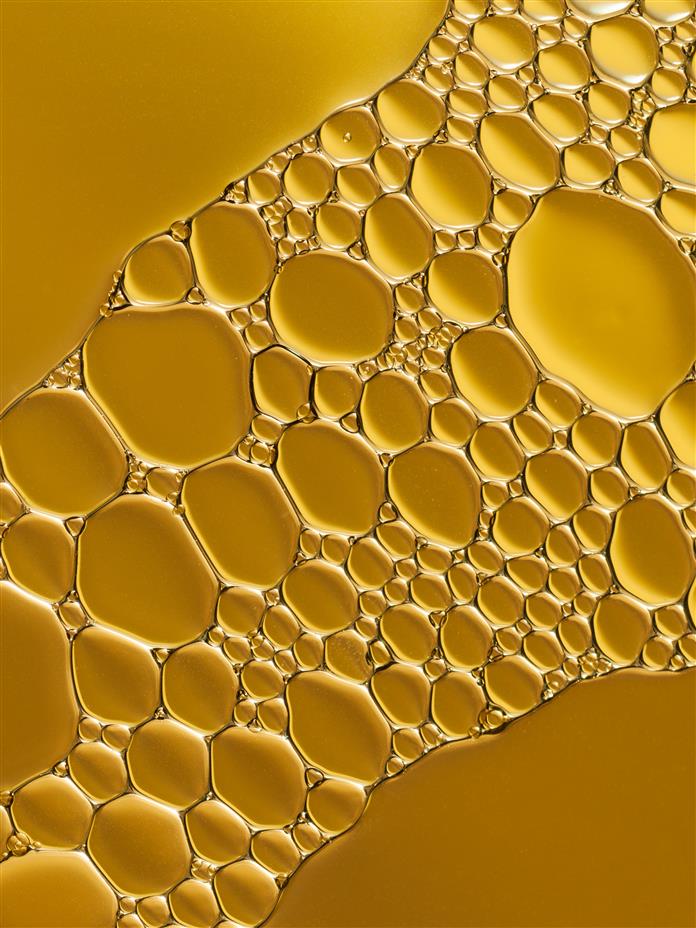
A Qi deficiency in the body indicates that any one or some of the organs or structures in our body are not functioning properly. It can affect the body's structure and organs.

For example, the lungs may get affected, producing symptoms such as shortness of breath. Below is a list of symptoms which are observed in the body due to Qi deficiency, followed by the traditional Chinese medicine treatment for the same.
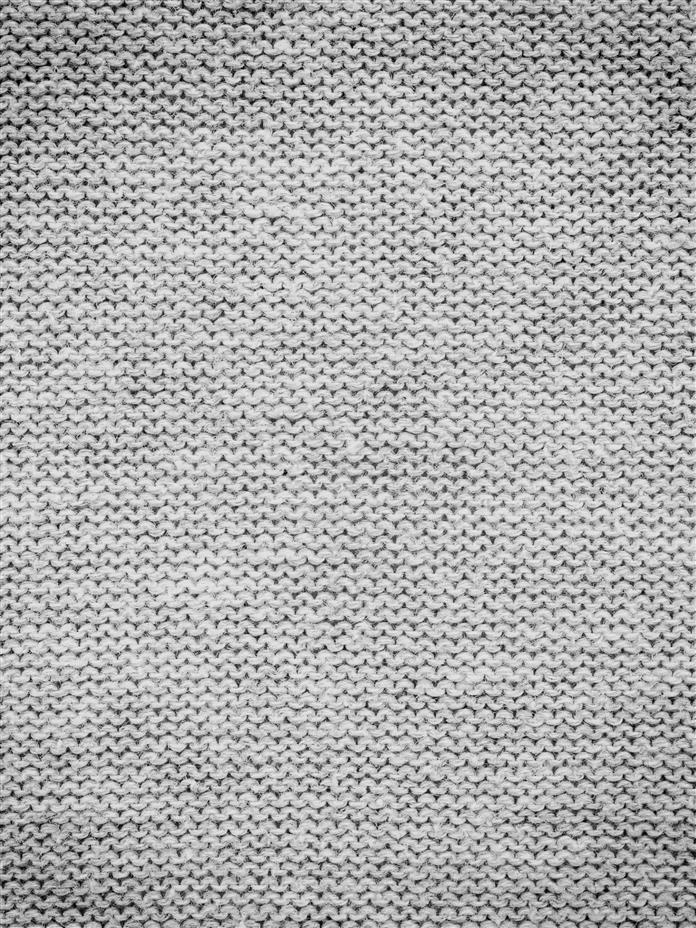
Symptoms
- A person feels tired all the time.
- The breathing becomes shallow.
- Food intake of the person decreases considerably.
- Headache, especially after indulging in strenuous physical activity is a common symptom observed in people with a Qi deficiency.
- The skin color changes to pale.

- Discomfort in the abdominal area is experienced.
- Indigestion, gas, and bloating occur.
- A general weakness and laziness is experienced by the person.
- The tongue acquires a pale color and the pulse is weak and empty.
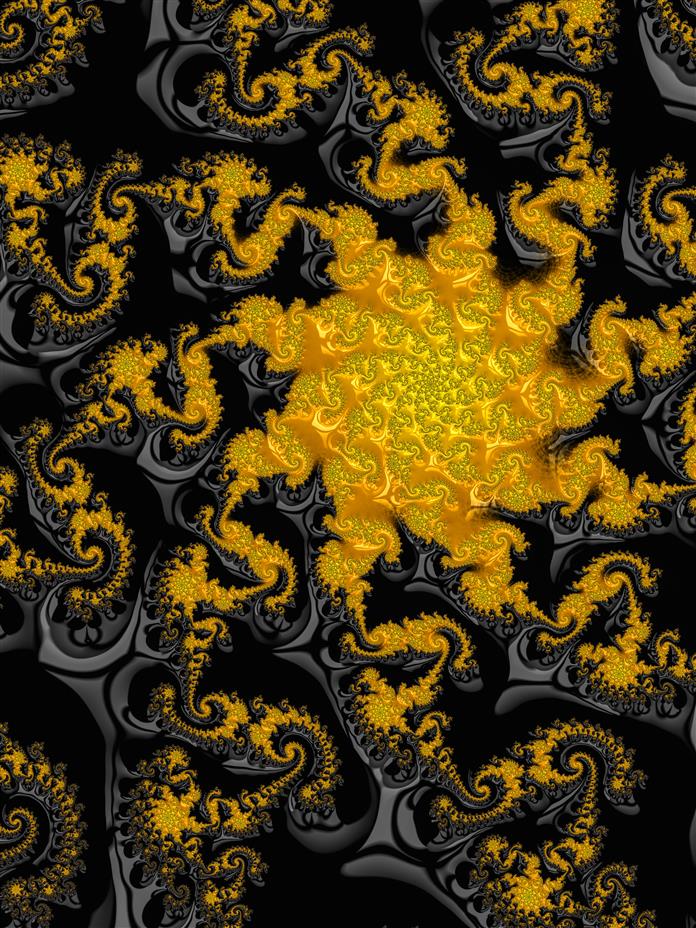
It produces symptoms, such as dizziness, poor memory, vertigo, sweating in the night, hearing problems, dryness in the mouth, back pain, changes in urine color, constipation, tiredness, a floating sensation, stress, and anxiety. One peculiarity is that the symptoms become severe in the morning.

Treatment

Diet
The diet should include foods like:
Herbs: Licorice, and supplements such as Chinese ginseng, American ginseng, and algae
Some other foods: Tofu and molasses
Herbs: Licorice, and supplements such as Chinese ginseng, American ginseng, and algae
Some other foods: Tofu and molasses

Whole grains: Oats and rice

Fruits: Dates, cherries, grapes, and figs

Vegetables: Potato, sweet potato, yam, and squash

Meats: Chicken, goose, beef, and ham

To treat this deficiency, a variety of foods should also be included in the diet, which provide the body with vitamins, minerals, flavonoids, carotenes, and amino acids.

Kidney shaped foods: Blackberries, mulberry, and blueberries

Seafoods: Fish, seaweeds, and shrimp

Nuts and seeds
Animal products: Pork, eggs, cheese, lamb, duck, and bone marrow soups
Animal products: Pork, eggs, cheese, lamb, duck, and bone marrow soups

Vegetables: Green leafy ones and asparagus

Chinese herbs help in overcoming this deficiency are: Rehmannia root, marshmallow, comfrey, and Aloe Vera. Foods like wheat bran, asparagus, mushrooms, cabbage, peas, pumpkin, potatoes, tomatoes, yam, apples, dates, cherries, grapes, figs, tofu, nuts, seeds, fish, oysters, mussel, chicken, beef, duck, liver, ham, goose, and lamb, should be included in diet.

Some of the foods that should be avoided are processed sugars, oily foods, starchy foods, and sweeteners. The water intake should be increased to provide proper moisture to the body.
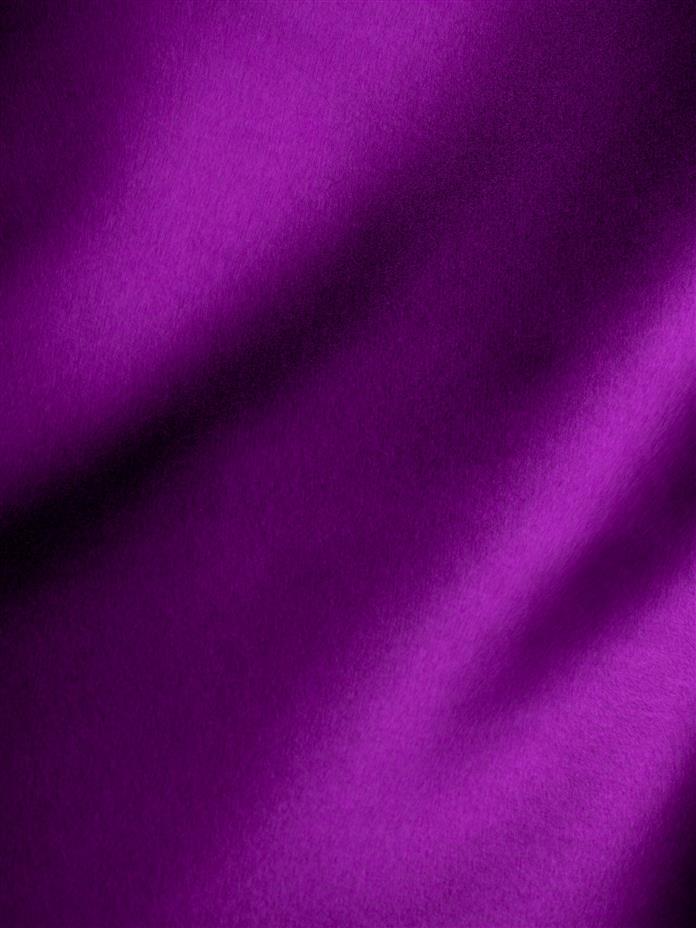
Exercise, Meditation and Prayer
According to the traditional Chinese medicine, to maintain the right Qi balance, it is important to keep the mind calm and collected. For this, exercising everyday, engaging in meditation and prayer, or going in for the Chinese massage therapy is recommended.

Qi deficiency can be cured by following certain changes in one's diet and lifestyle. By making intelligent choices, such as going in for natural, organic foods instead of junk food, sleeping on time and taking enough rest, along with exercising daily, can help in treating the deficiency.

Disclaimer: This is for informative purposes only and does not in any way attempt to replace the advice offered by an expert on the subject.